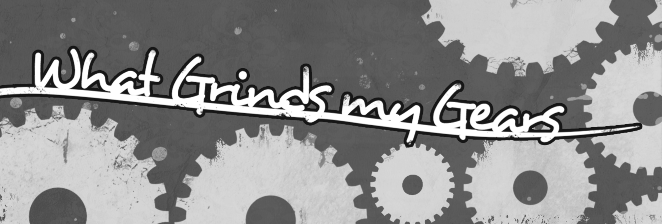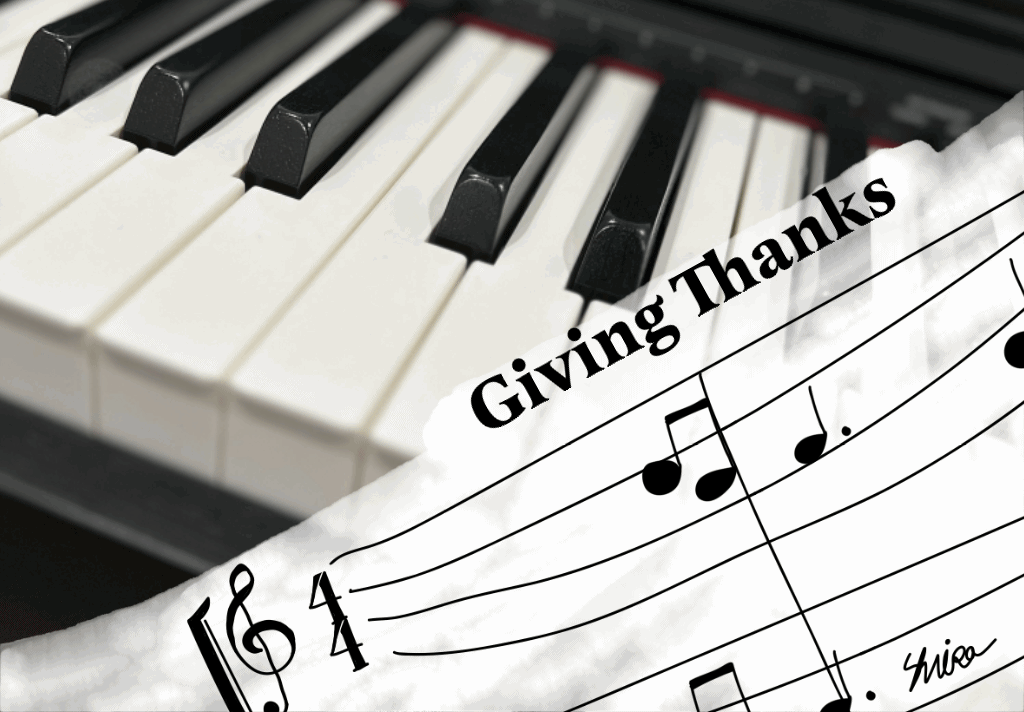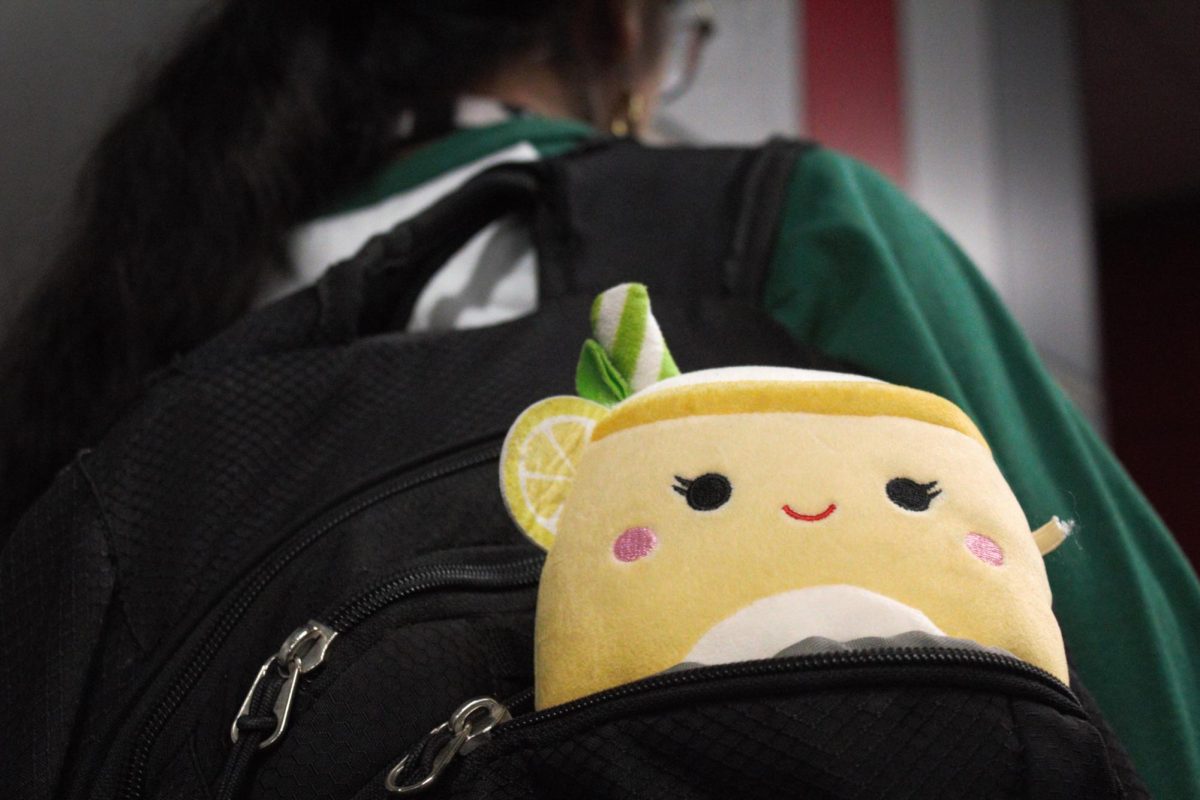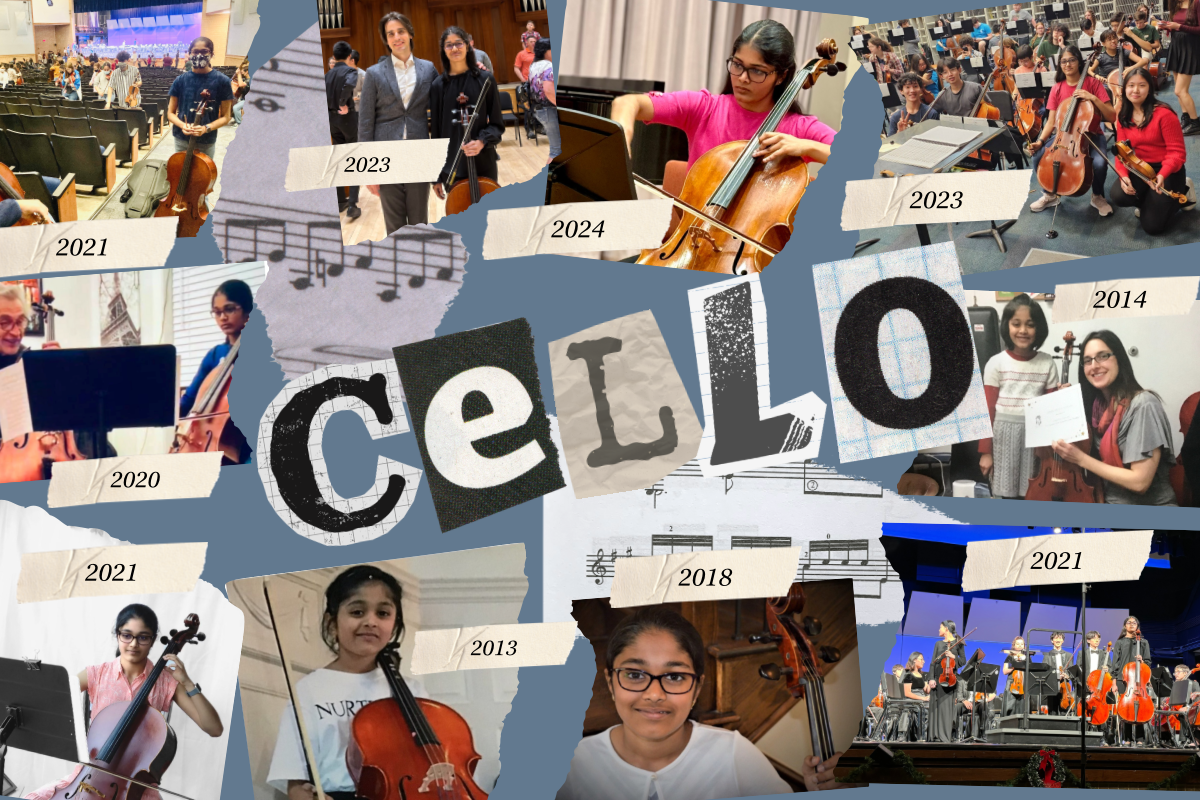By Mary Whitfill
Features Editor
With presidential primaries right around the corner, this newly registered voter has shamelessly been doing nothing in her spare time but obsessively following the newest possible leaders of the free world. As a whole-hearted political junkie, I take pleasure in researching stances on controversial issues, voting records and, of course, finding out if the National Inquirer has anything interesting to say about the next possible president.
I want to be a political journalist. I want to be loved (hated) by the people who mold our country. Yes, I want to provide for myself by practicing in a dying profession on the topic of generally scummy people.
But as I haunt Politico and follow PresidentialElection (@2012_President) on Twitter, I can’t help but wonder about the changes that technology has brought to the field of presidential reporting and if this updated field is really something I want to be a part of.
In my minds eye, I’m R.W. ‘Johnny’ Apple Jr., not the voice behind another political newsfeed with a 140-character maximum.
No longer do reporters rub elbows with presidential contenders vying for votes in small towns in Iowa. No longer do they know candidates up close and personally. after hours and off the record. No longer do they have weeks to dig deep and analyze before they have to churn out a story because they are so busy tweeting, blogging and shooting 60 second video clips.
But journalists, no matter the medium, aren’t the only ones who have changed the way we do things. It was not so long ago that presidential wannabes were talking to reporters, seeking them out even, because whether or not they loathed or loved them – they needed them. In presidential races of yesteryear candidates were often seen sauntering into the world of the working class so that reporters could get to know him. Not anymore.
In the words of Politico chief political columnist Roger Simon, “Nowadays, a reporter considers herself or himself lucky if the press secretary returns the call.
To put it bluntly – politicians have cut out the middleman. They prefer using Youtube, Twitter and Facebook to communicate directly with their voters. They simply don’t have a strong need for the old fashioned reporter.
In an interview with Lear’s magazine, Apple said the following: “Newspaper people love impossible dreams. I suppose we are reckless sentimentalists. If we didn’t love impossible dreams, we would not still be working in an industry whose basic technologies were developed in the 17th century.”
Those impossible dreams have not changed. I hold my hope for the future of my desired field in the fact that political reporting is still very much about distributing information that is important to the functioning and the future of democracy.
Maybe it is the resilience of that dream – instead of the tweets, the blog posts, the friend number or character count – that still defines who a journalist is. Maybe it’s the curiosity. Maybe it’s the tenacity. Maybe is the willingness to root out the truth at all costs. But either way – I’m proud to be a part of it.









